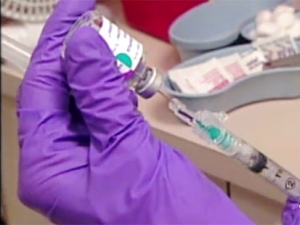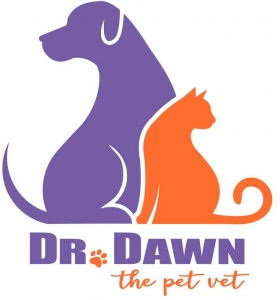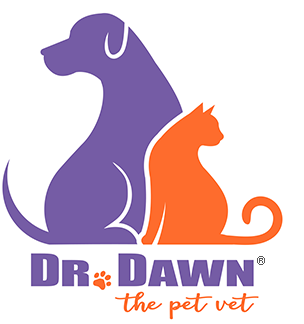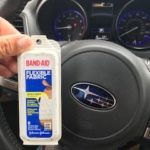Canine influenza is back in the news. Depending upon where you live, it may be closer than you would like. Updates on the facts are warranted, in large part because it seems that whenever I discuss the topic, there is more confusion than understanding on the part of clients. The more you understand, the more likely you are to be armed with protection, and vaccinated if and when you need to be.
FAQ’s answered:
- Unlike human flu, the canine flu is not seasonal. It is a year round problem, popping up in different areas at a time. Flu maps are updated regularly. There is a resource you can refer to for lots of info.
- Current hot spots are in Santa Clara, California, Reno Nevada, and central Ontario Canada.
- The most commonly affected dogs are middle-aged, not puppies or seniors, which is also different than human flu cases.
- Those dogs infected are potentially at risk of infecting other dogs for up to three weeks after their first signs. Confirmed cases should be isolated for a month.
- There is no evidence that dogs can infect humans
- The H3N2 strain produces mainly mild disease, but is extremely infectious. Most dogs present with a cough, which may last up to 30 days. Rare cases can progress to pneumonia, and even be fatal.
- People can easily spread it on their hands and clothing. Thus there are cases of veterinary hospitals, and grooming facilities being temporarily shut down to control the outbreaks.

If you prefer video/visuals,… here is a link to a recent ABC news story.
https://abcnews.go.com/Health/dog-flu/story?id=55689535
What to do:
- There is a vaccine, which reduces the risk of disease, yet is not 100% effective in preventing exposure or mild disease. Still, it lessens the disease severity, and thus reduces the number of cases, which helps control the spread of the disease.
- Those patients at higher risk of exposure, even if not located in a current outbreak area, are those that travel, attend doggie daycare, and participate in dog shows.
- Talk to your veterinarian about the bivalent vaccine available, and your dog’s specific risks.
- Check with your kennel, dog groomer, and doggie day-care center to determine if they require the vaccine.
Dr. Dawn
Please share and subscribe here





